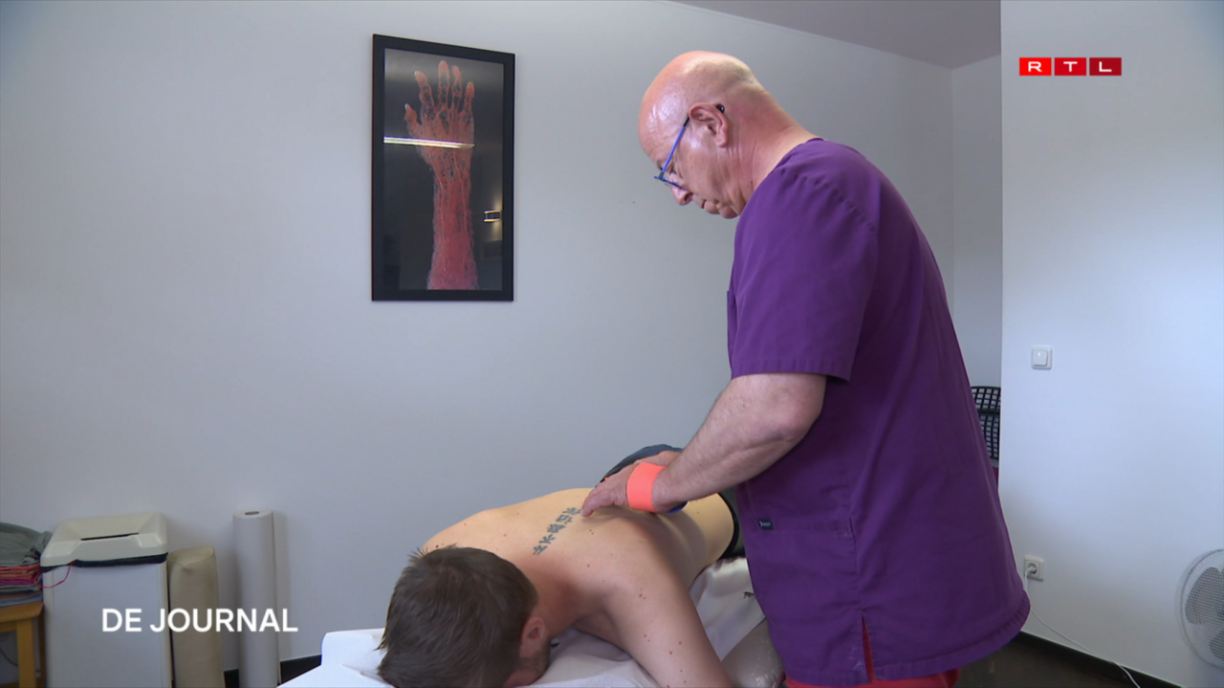
Osteopathy remains a relatively new profession in Luxembourg, yet the country now counts 397 practitioners, a figure that the Luxembourg Association of Osteopaths (ALDO)recently admitted came as a surprise. Recognised as a profession since 2018, it is marked by varying prices and quality of service.
Jean Bofferding, President of ALDO has a fully booked schedule. Although the national health insurance does not reimburse sessions, he noted that most Luxembourg residents have visited an osteopath at least once. He believes public reimbursement is unlikely in the coming years, citing several obstacles, such as administrative and legal hurdles, the need for new legislation on osteopathy, and changes to the social security statutes. He also pointed out that general practitioners are often reluctant to refer patients, which he considers the wrong approach.
Bofferding explained that osteopaths complete training at master’s level, where they learn to perform diagnostic assessments by hand to detect blockages and tension. Before starting treatment, they take a full patient history and assess overall health, he said. If any doubts remain, they work in cooperation with GPs and other specialists, he explained.
He also stressed the need to protect the professional title, ensuring only those with appropriate and relevant qualifications, such as the prescribed master’s degree, can use it. Training standards abroad vary widely, which he says should be addressed at EU level.
The Ministry of Health and Social Security is expected in the coming years to introduce a clearer definition of the role and responsibilities of osteopaths, along with regulations that could allow them to work in hospitals or care homes under a new professional status.